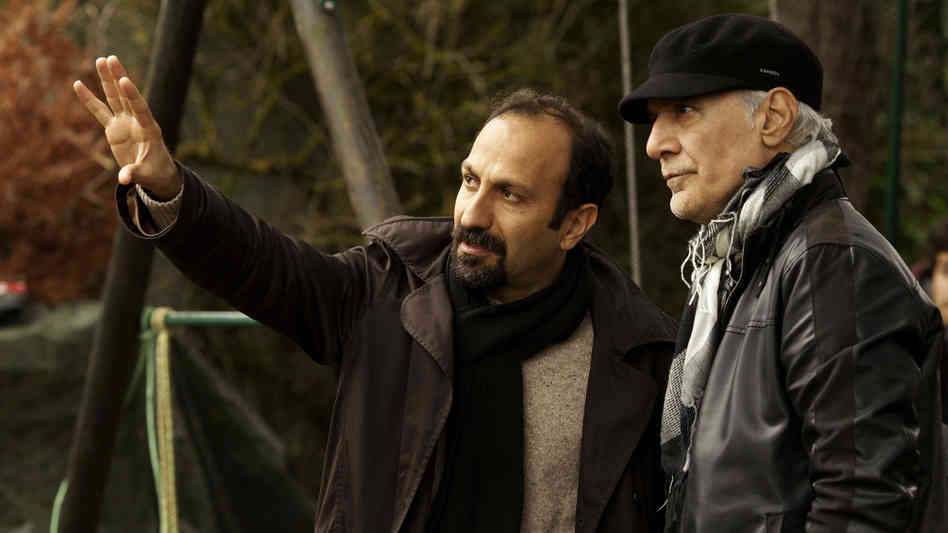The Past marks Iranian filmmaker Asghar Farhadi’s first film made outside of his home country, a French production based and shot in Paris that features his signature labyrinthine storytelling. Though it may feel like there’s a mystery at hand—Farhadi has likened his films to “detective films, except you don’t get to see the detective”—the narrative is not anywhere near as straightforward. “The audience doesn’t follow anyone. You have to do the work on your own,” he says. “The mystery that remains hidden from the audience is seemingly unimportant, and it isn’t hidden really, because it’s talked about a lot. The only thing that makes it complicated is that different characters view it from different perspectives and keep spiralling into something more and more complex.”
Like with the conflicted daughter torn between her parents in A Separation, child characters in The Past react differently to these problems than adults. “In a story like this, you always see adults making up narratives that suit them so they don’t shoulder the blame,” explains Farhadi. “On the other hand, children want to magnify their involvement. Lucie in this film is the only one who tries to take responsibility for the whole ordeal.”
When asked about the fair treatment Farhadi gives to every character in his films—even those that would seem unlikable—he explains that providing comprehensive perspectives from every character is a crucial part of his storytelling process.
“I don’t want to say that everything everybody does is right,” he clarifies. “But I repeat this cliché that all people have reasons for what they do. In this film, everybody gets the chance to explain their reasons.”
With The Past, however, Farhadi also tried something new in developing his characters. “In my previous films, people think about what they’re going to do and then act upon it,” he says.
In The Past, characters do the reverse—he uses the example of Marie telling Ahmad he can stay at her place instead of a hotel. “[She] doesn’t know why she wants that. She’s unaware of what she’s asking. It comes from her subconscious. When it’s all said and done, she just realizes what her decision means.”
For Farhadi, writing actions this way makes the script feel more realistic. “A lot of the things we do in life are done first, and then we think about them. This makes a situation much more complex.”
For Farhadi, inspiration for the story had little to do with the chosen setting or the subject matter. “When I start writing I don’t begin to think about what subject I want to tackle with my film. I close my eyes and let the story to come my way.”
The filmmaker lets his subconscious guide him. “The fact that I spend a lot of time thinking about how people deal with their past and their separations is something subconscious.”
Perhaps this approach is why Farhadi’s stories are regularly called universal. “I believe in all stories in the world, you can find similar themes,” he says, comparing film narratives to bedtime stories. “[They] have these themes of love, fear and hatred; but we tell those stories to our children [to] highlight the beautiful things we want them to take away from it.”
For Farhadi, this universality also applies to the subjective opinions audiences have brought to The Past. “French audiences will view this film as French. Iranian audiences will view it as Iranian. That’s what I’ve been told by Iranians and the French. [That] makes me happy.”
And yet Farhadi also believes his own background has shaped the kinds of stories that tend to surface in his mind, including The Past. “The environment I grew up shaped my personality without my awareness,” he says. “Any filmmaker who’s is honest with himself will tell you that his biggest source of inspiration in the environment he lives in.”

